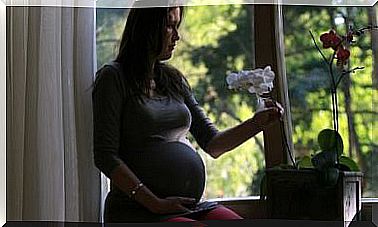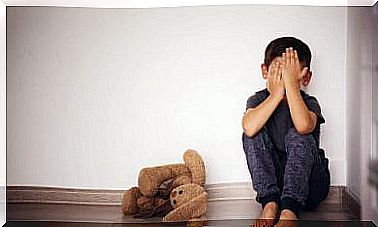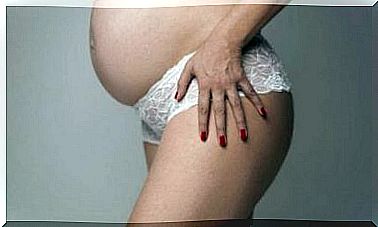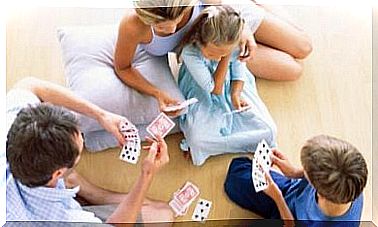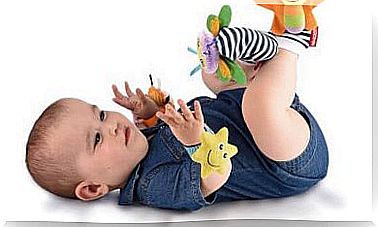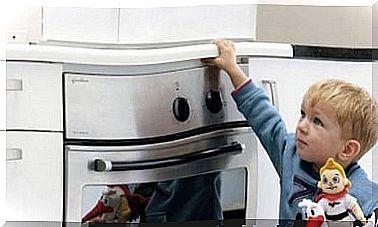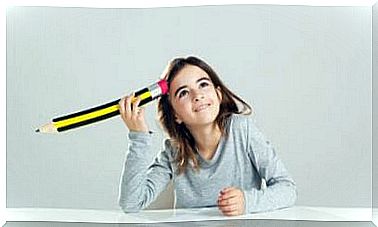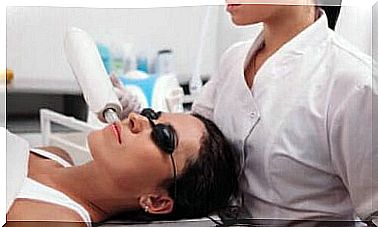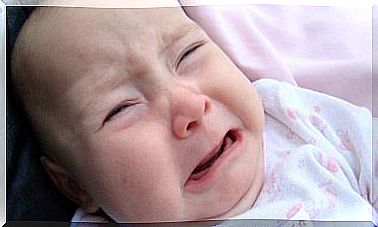Mouthwash For Kids: Everything You Need To Know
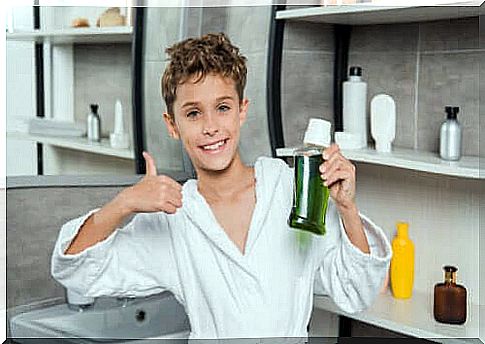
Mouthwash for children is often a common concern for parents in dental offices. This product can be found among the oral care items with pleasant flavors and children’s images. So, the question arises: are these mouthwashes necessary for the little ones’ mouths?
Next, we will clarify what they are for and from what age their use is recommended. You will also learn how to use this supplement to take care of your little ones’ mouths.
What is mouthwash for children?
The mouthwash for children is a solution that complements the cleaning of the mouth. The children’s versions are designed to prevent cavities, although they also favor the control of bacteria and leave a pleasant breath sensation.
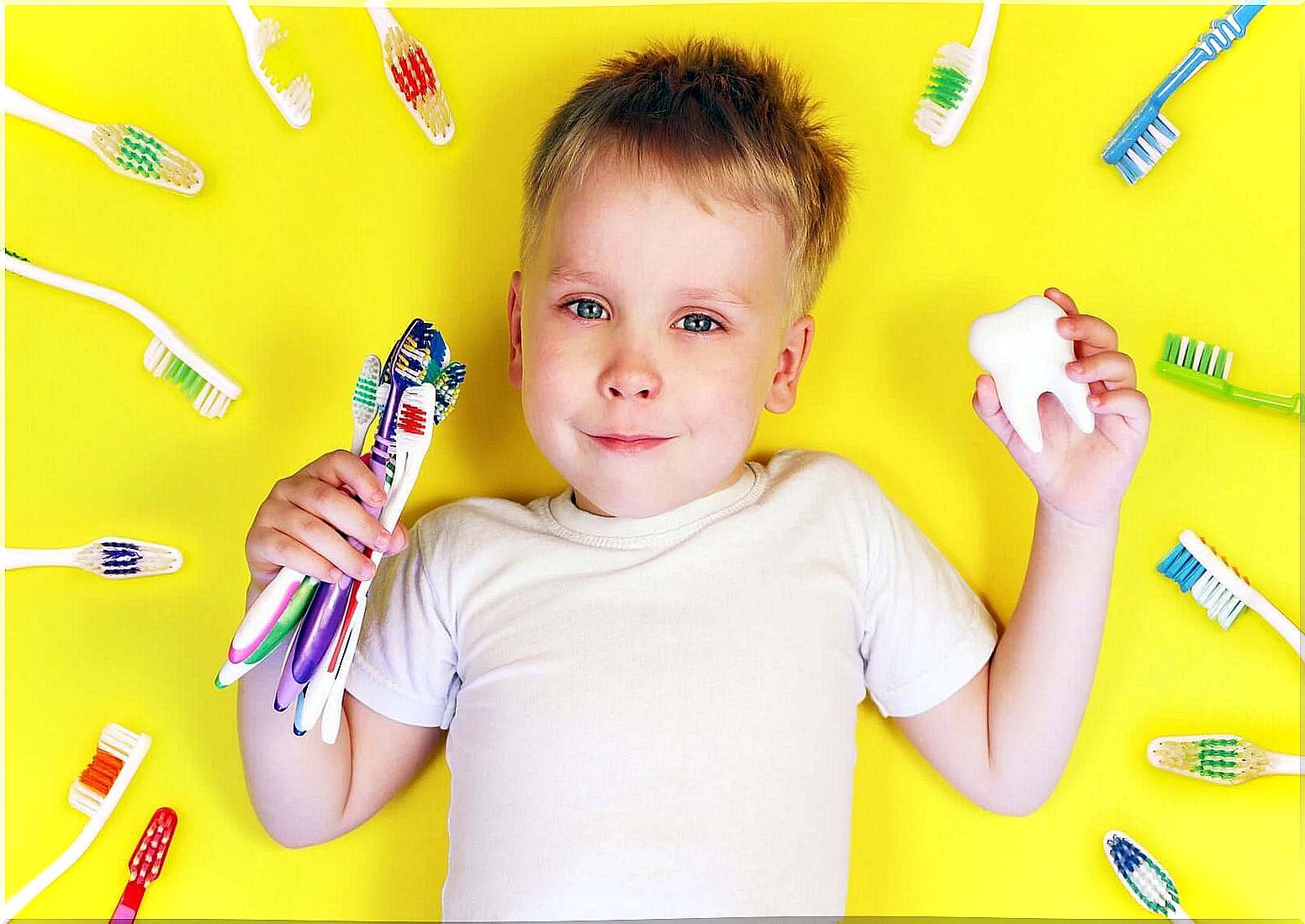
Among its main ingredients should be fluorine in ideal concentrations for the age of the little ones. This element strengthens tooth enamel and prevents cavities.
Another common component is panthenol (provitamin B5), which helps protect your gums. When reading the labels on these products, it is important to ensure that they do not contain alcohol.
Although it is possible to find a multitude of brands, flavors and designs on the market, the main feature that should be considered when choosing a type is to observe whether the mouthwash can be used before or after brushing:
- Pre-brushing rinse: these mouthwashes dye the teeth so that the child can see the presence of plaque and can brush correctly. They promote a thorough and more prolonged cleaning, as the child will be interested in removing all the stained areas. They are helpful in teaching children the correct brushing technique and helping to prevent plaque buildup, which causes cavities.
- Post-brushing rinse : these are the most common. They are recommended for daily use, with sodium fluoride concentrations of 0.05% (220 parts per million fluorine or ppmF), or for weekly use, with concentrations of 0.2% (900 ppmF). Rinsers for daily use should be used once a day after brushing, while those for weekly use are used once a week. The pediatric dentist is the one who can best advise on the type of mouthwash to be chosen for each child.
Benefits of mouthwash for children
As already mentioned, the use of mouthwash for children is a complement to oral health care. It enhances brushing and flossing, but cannot replace them in any way. Thus, some of the benefits of using mouthwash are as follows:
- The presence of fluoride protects the enamel and prevents cavities. It also favors the remineralization process in the case of incipient caries.
- Gives a fresh breath sensation.
- It is useful for children with orthodontic braces, as it helps to clean food debris that get stuck in the braces. In addition, it also allows you to reach areas that are difficult to access.
- Teeth rinses help to learn and practice the brushing technique for children who have not yet mastered it.
- Protects gums and prevents them from becoming inflamed and bleeding.
- As they have a pleasant taste and their packaging is attractive, they can stimulate children’s interest in taking care of their oral health.
When to start using?
Before you start using a mouthwash for children, the parents should make sure that she is able to spit and to understand that this liquid should not be swallowed. It is necessary to monitor so that the child does not swallow the mouthwash because the fluoride it contains, if ingested frequently, can cause fluorosis.
Fluorosis occurs when a child’s teeth that are still forming are exposed to too much fluoride. Dental elements are stained white or brown and may have uneven surfaces.
In general, from the age of 6 onwards, children are usually ready, but it is always useful to practice first by giving a mouthwash with water. If your child is able to get a sip of water in their mouth, gargle without swallowing, and spit, chances are they can do the same with the mouthwash.
How should children’s mouthwash be used?
Before buying a mouthwash for children, it is advisable to consult your pediatric dentist. The professional will be able to better advise on the need or not of its use, as well as on which type of mouthwash is more suitable and how it should be used.
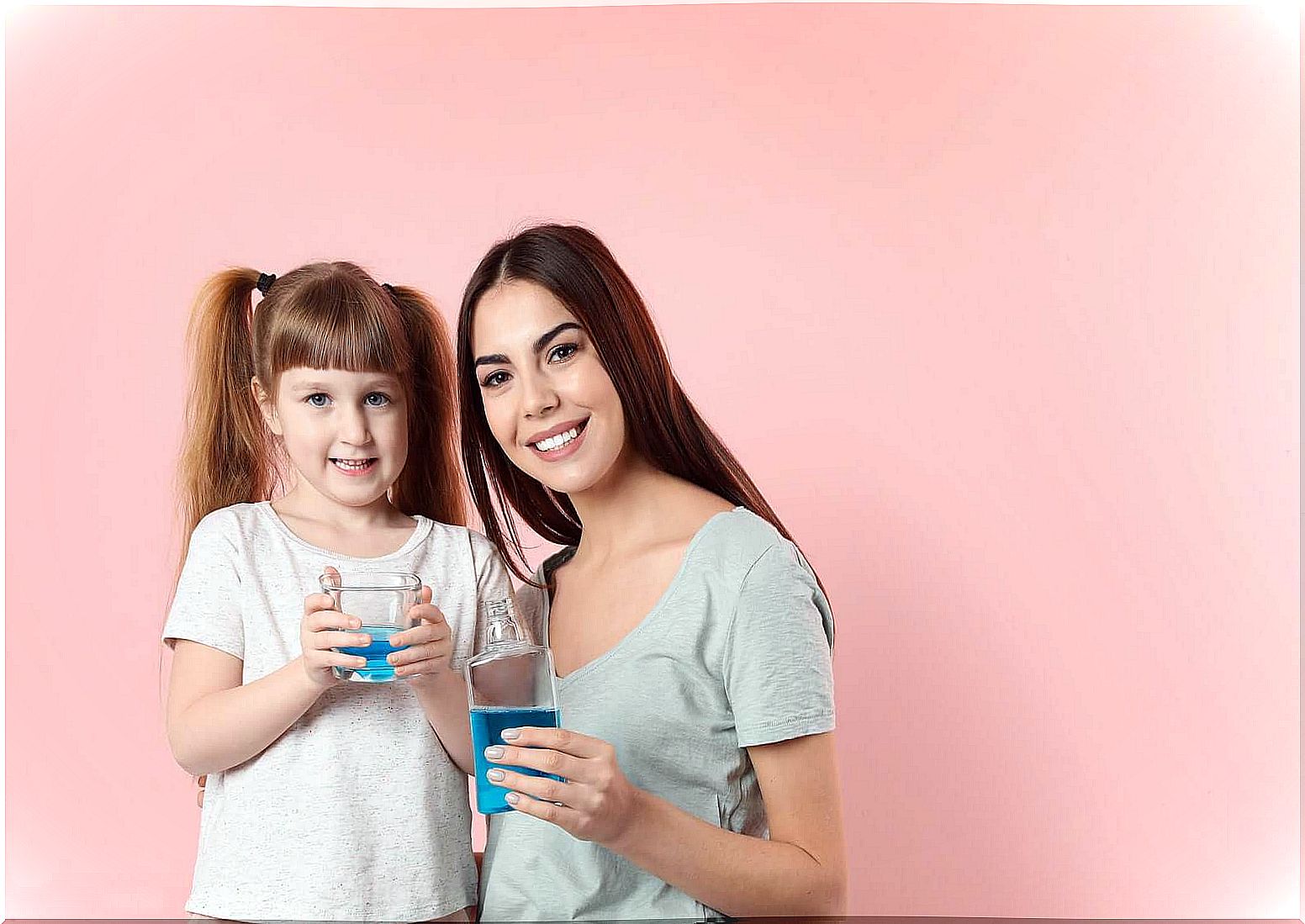
When a child begins using a children’s mouthwash, parents should supervise the process. They are the ones who will dose the necessary amount to avoid excess.
It is also the adults who should make sure that the child does not accidentally swallow the mouthwash. In addition, they must ensure that brushing and flossing occurs correctly.
Motivating your child with games or music can be helpful. One technique is to use a timer or watch to indicate that the product should act for a minute in the mouth and then be spit out. After making the mouthwash with the mouthwash and spitting, do not rinse with water. Ideally, do not eat or drink anything for at least 30 minutes.
Consultation with the pediatric dentist
The mouthwash for children is a complement to the oral hygiene routine, but it is not necessary for all children. A consultation with a pediatric dentist is most recommended before starting to use these products. The professional is the best person to advise which mouthwash for children to choose, how it should be used, and whether it is really necessary.
Anyway, incorporating oral health habits early on will make a difference. If the dentist suggests, the mouthwash for children can be another ally for the prevention of cavities and oral health care.
